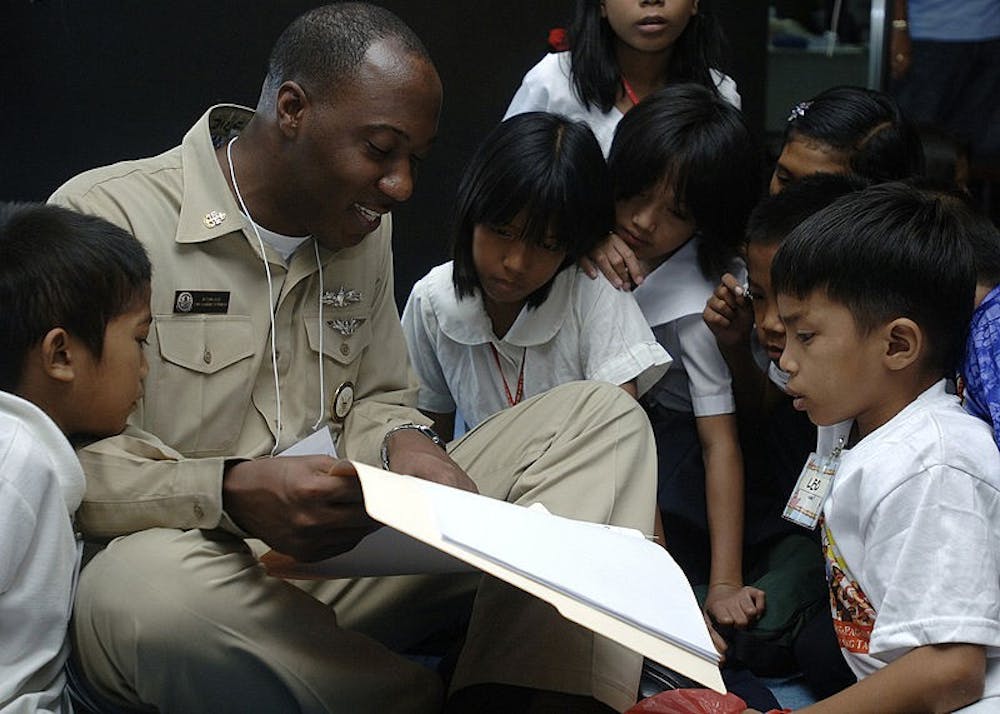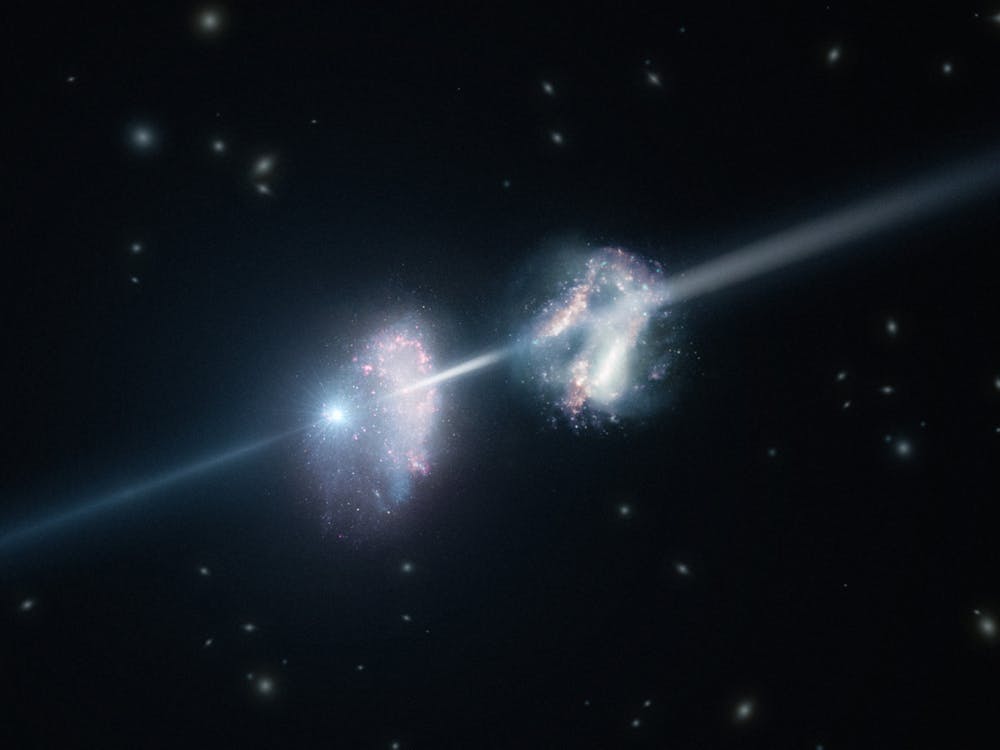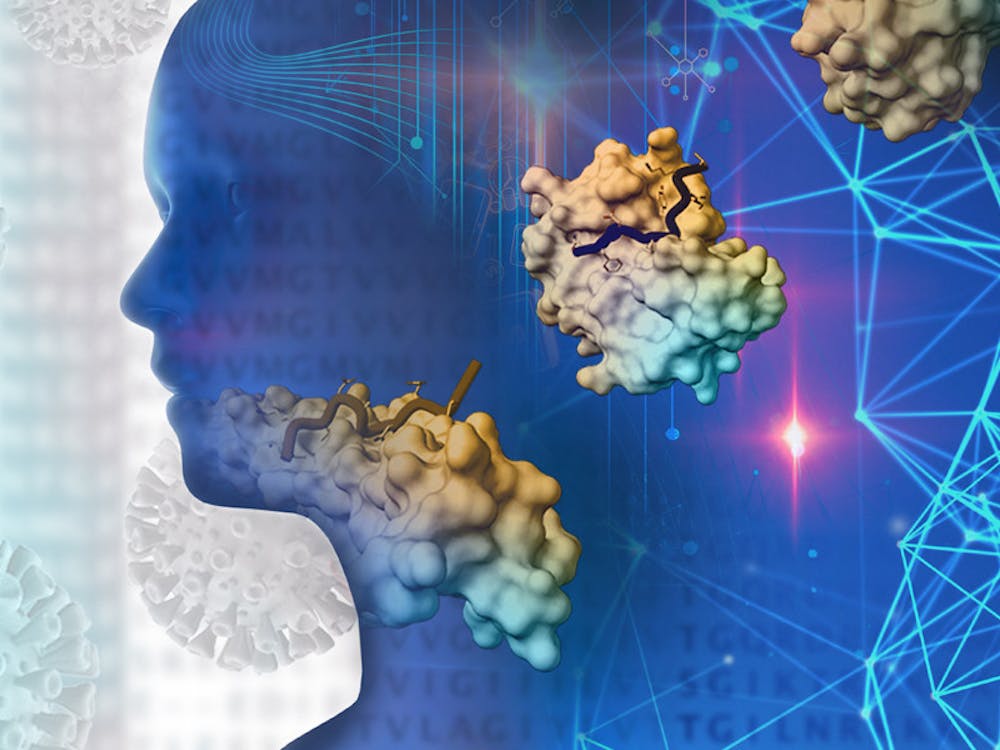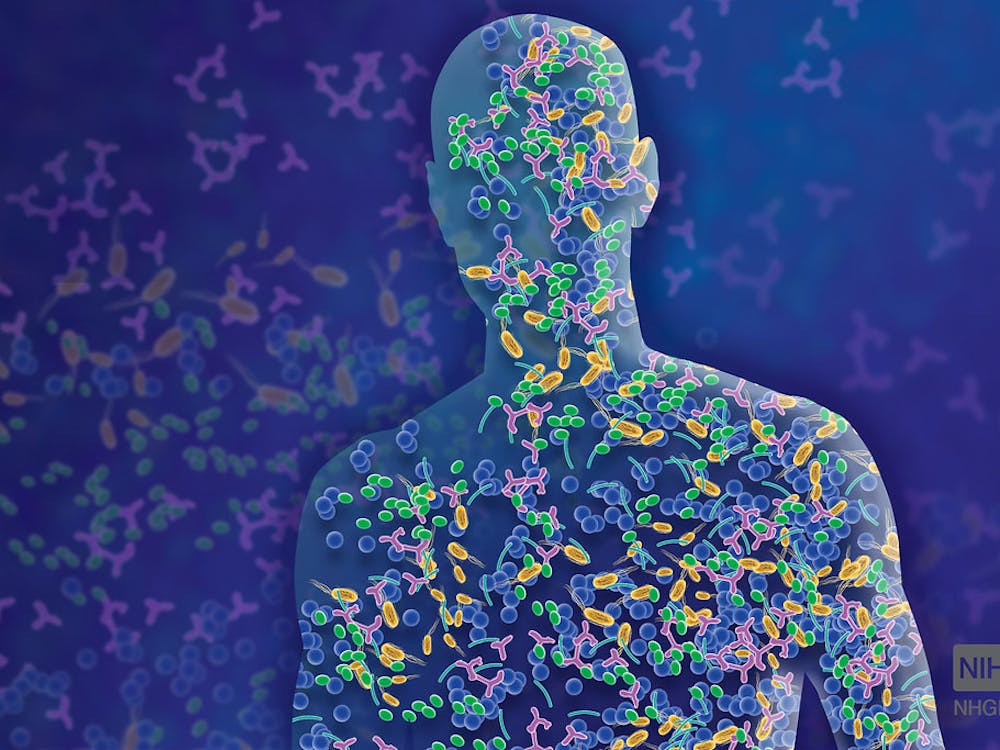People often feel satisfied and happy after a day of community service. There are even those who get a good feeling every time they hold the door open for someone.
This feeling of joy or contentment actually comes from a specific neural system known as the brain’s reward system. When you eat food, learn something, or help others, your brain releases chemicals that let you know you are doing something right.
But this reward system might not work the same in every person’s brain. Recent studies from the University of Pennsylvania’s Perelman School of Medicine have shown that people considered to have a high level of moral reasoning also show increased activity in their brain’s reward center.
A high level of moral reasoning is a tricky thing to define. In this study, the researchers based their judgments off Lawrence Kohlberg’s definition for stages of moral development. This is a widely popular way to classify the state of a person’s moral character throughout their lives.
His system is broken down into six stages, where a person graduates from one to the next. It starts with two pre-conventional stages, which are only concerned with self-preservation.
The next two stages — the conventional stages — are concerned with laws, self-appearance and social norms. And the two high levels of moral reasoning — the post-conventional stages — concern themselves with universal ethical principles, or truly caring for the good of others.
To test their theory that there is a connection between the activity of the brain reward system and a high moral character, the team of researchers looked at a group of 700 MBA students from the University of Pennsylvania’s Wharton School of Business.
These MBA students were selected to have varying moral character levels in an otherwise mostly homogenous group of people. Students were also around the same age in order to decreased other influences when testing moral character and reward centers.
Taking subsets of 64 students, the research team looked at the brain reward centers of the students with and without doing tasks to observe the change in their reward centers.
They found that as the relative moral levels of these students increased, as judged by the Kohlberg system, so did the chemical responses in their brain’s reward centers, regardless of whether or not the student was completing a task.
Specifically, if a student was of the highest moral reasoning level, as opposed to the second highest, their brain reward center was often more active. That being said, there were still substantial differences from individual to individual.
While the link between moral judgement and the brain’s reward system has been well known to scholars, this study’s breakthrough is that researchers now believe they know the link between moral character and the brain’s reward system. While the study’s results are significant, it does not reveal the causes of this link.
“To our knowledge, this study is the first to demonstrate the modulation effect of moral reasoning level on human brain reward system activity,” Hengyi Rao, a professor of cognitive neuroimaging in neurology and psychiatry in the Perelman School, told ScienceDaily. “Findings from our study provide new insights into the potential neural basis and underlying psychological processing mechanism of individual differences in moral development,”
This study also poses questions about the effect of nature versus nurture with regard to human development.
The effects of one’s upbringing and social surrounding may influence not only a person’s moral judgement, but also their brain reward center and how it is stimulated.
Other research must also be done into whether an increased brain reward center response causes changes in moral character, or whether changes in moral character cause a more active brain reward center. These questions and studies will hopefully lead to a greater understanding of human cognition.























Please note All comments are eligible for publication in The News-Letter.